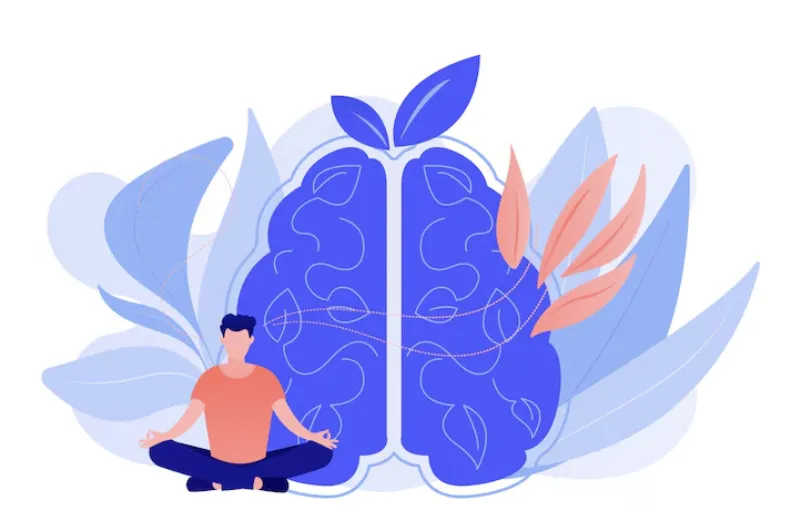The Transformative Power of Appreciation and Gratitude

In a fast-paced world filled with constant challenges and distractions, the practice of appreciation and gratitude emerges as a beacon of positivity. Cultivating a mindset that acknowledges and values the goodness in our lives can lead to profound personal and interpersonal benefits. This article explores the transformative power of appreciation and gratitude, shedding light on the ways these practices contribute to overall well-being.
Defining Appreciation and Gratitude:
- Appreciation involves recognizing the value of something or someone, while gratitude is the expression of thanks and acknowledgment for the positive aspects of life. Together, they form a dynamic duo that promotes a positive outlook.
Enhancing Mental Well-Being:
- Regularly practicing gratitude has been linked to improved mental health. It can reduce stress, increase overall life satisfaction, and contribute to a more optimistic mindset. Acknowledging the positive aspects of life fosters a sense of fulfillment.
Boosting Physical Health:
- Studies suggest that gratitude practices may have positive effects on physical health. Grateful individuals have reported better sleep, lower blood pressure, and reduced symptoms of illness. A grateful heart may indeed contribute to a healthier body.
Strengthening Relationships:
- Expressing appreciation and gratitude in relationships strengthens the emotional bonds between individuals. Feeling valued and acknowledged fosters a positive connection. It creates an atmosphere of trust and enhances the overall quality of relationships.
Fostering Resilience:
- Gratitude acts as a buffer against stress and adversity. When faced with challenges, individuals who practice gratitude tend to exhibit greater resilience. They can find silver linings even in difficult situations, bouncing back more effectively.
Increasing Empathy:
- Grateful individuals often display increased empathy and a willingness to help others. Recognizing the positive contributions of those around us cultivates a sense of interconnectedness and compassion, fostering a more harmonious community.
Appreciating Small Moments:
- Gratitude encourages mindfulness and the ability to appreciate small, everyday moments. By savoring the present and finding joy in simple pleasures, individuals can create a more positive and fulfilling daily experience.
Shifting Perspective:
- Adopting a mindset of appreciation and gratitude involves consciously choosing to focus on the positive aspects of life. This shift in perspective can be transformative, allowing individuals to reframe challenges and setbacks as opportunities for growth.
Cultivating a Gratitude Practice:
- Incorporating gratitude into daily life can be achieved through practices such as keeping a gratitude journal, expressing thanks verbally, or reflecting on positive experiences. Consistency in these practices amplifies their impact over time.
Paying It Forward:
- Gratitude has a ripple effect. When individuals experience and express gratitude, it inspires a positive cycle of kindness. Acts of appreciation often lead to more positive actions, creating a chain reaction of goodwill in communities and relationships.
Appreciation and gratitude serve as powerful tools for enhancing both personal and interpersonal aspects of life. By acknowledging the positive, expressing thanks, and fostering a grateful mindset, individuals can experience a profound shift in their overall well-being. Embracing gratitude is not just a fleeting sentiment; it is a transformative practice that enriches lives and contributes to a more compassionate and connected world.





